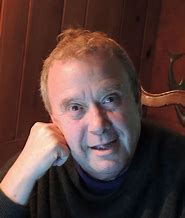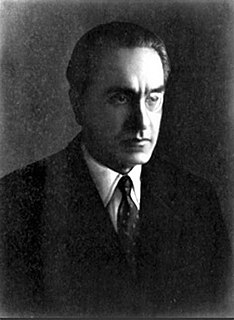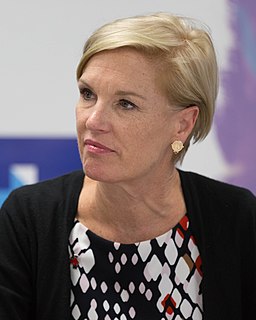A Quote by T. D. Allman
When a republic's most venerable institutions no longer operate as they were intended, it becomes possible for small cabals to usurp power, and, while keeping the forms, corrupt the function of those institutions for their own ends. Looking at things that way, the George W. Bush presidency has been both result and symptom of the decadence of America's constitutional mechanisms.
Related Quotes
We have throughout our history been tested when it comes to the institutions of our democracy. And thank God our forefathers were smart enough to establish a government of checks and balances to make sure that power cannot be centralized in any one branch of government. And those institutions have proven themselves.
In part, it's almost surely a failure of modern education, whether K through 12 or higher education, or really both. Barack Obama went to Ivy League institutions like Columbia, which are reputed to be among America's top colleges. And yet, this very recent product of those American institutions is not publicly articulating an appreciation of the American founding or the founders and their vision for America.
I worry a great deal about all of those surveys that are out that Americans, in particular, are becoming distrustful of our institutions - that Americans are beginning to say they're either irrelevant or they're corrupt or they certainly don't speak to me. But the institutions are actually still functioning.
We allowed you a charade of trivial freedoms in order to avoid making those impositions on you that are in the end both the training ground and proving ground for true independence. We pronounced you strong when you were still weak in order to avoid taking part in the long, slow, slogging effort that is the only route to genuine maturity of mind and feeling. Thus, it was no small anomaly of your growing up that while you were the most indulged generation, you were also in many ways the most abandoned to your own meager devices by those into whose safe-keeping you had been given.
I have therefore come to the opinion that the most reasonable recourse for the humanization of society and its institutions is to abandon them and begin again to build a society with a just, equitable and compassionate economy with justice, equality, and reverence for all life insured by the goals and forms of all its institutions.








































